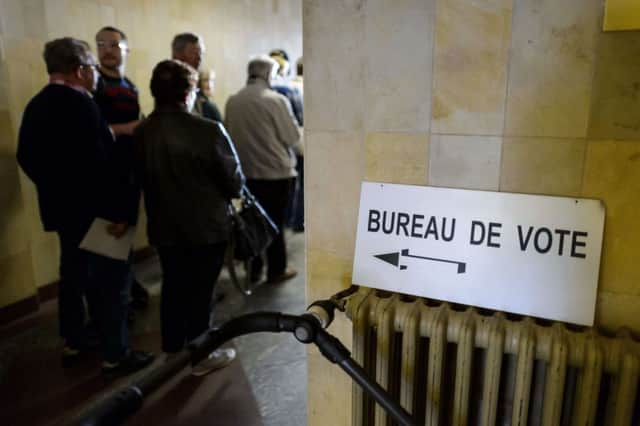Swiss poised to reject plan for £15 minimum wage


Under the proposal, employers would have had to pay workers a minimum of 22 Swiss francs (£15) an hour.
Swiss television last night said 77 per cent of voters were rejecting the proposal, based on unofficial counts at polling stations.
Advertisement
Hide AdAdvertisement
Hide AdTrade unions had backed the move as a way of fighting poverty in a country with some of the world’s highest prices and most expensive cities.
But the early indications are that most voters sided with government and business leaders, who argued the plan would cost jobs and erode competitiveness.
The proposal “to protect equitable pay” was the most prominent of several referendums held yesterday. They included a plan to buy Swedish-made Gripen fighter jets for the Swiss air force and to impose a ban against convicted paedophiles ever working with children.
The union-backed proposal to ensure an annual salary of not less than £32,000 a year was the most controversial.
Unions pointed out that Switzerland does not have a minimum pay level while neighbouring France and Germany do.
They argue that surviving on less than 4,000 francs (£2,700) a month was not possible because rents, health insurance and food are all prohibitively expensive.
The minimum wage in Germany will be €8.50 (£6.90) an hour from 2017. The UK minimum for over 21s is currently £6.31.
A key element of the Swiss campaign in favour of a minimum wage was the argument that its welfare system was being forced to subsidise businesses which refuse to pay a living wage. The median hourly wage in Switzerland is about 33 francs (£22) an hour.
Advertisement
Hide AdAdvertisement
Hide AdThe Organisation for Economic Co-operation and Development said the wage proposal represented about £8.30 an hour based on a 42-hour, rather than 35-hour, working week.
In the three other referendums, voters looked likely to reject a plan to spend 3.1 billion Swiss francs (£2bn) for 22 of Saab’s new Gripen fighters. However, they looked set to endorse a lifetime ban on convicted paedophiles ever working with children and to approve an amendment to the constitution to support more family doctors in rural areas.
Swiss TV said partial vote tallies showed voters were narrowly defeating the fighter plan, but backing by wide margins the paedophile child-employment ban and medical reform measures.
LIVING COSTS
Switzerland is one of the most expensive countries to live in.
• On average it costs 1,800 Swiss francs (£1,200) to rent a one-bed flat in a city such as Geneva.
• Power and water bills average up to 200 francs (£133) a month.
• Heath insurance costs about 400 francs (£266) a month.
• And a meal for two in a restaurant costs about 150 francs (£100).